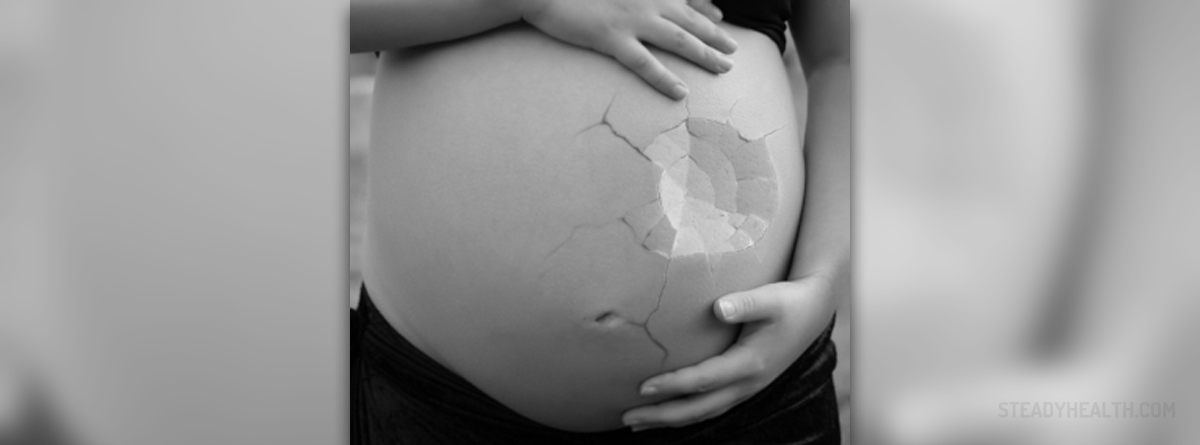
When you have an anterior placenta, meaning a placenta that is attached to the front wall of your uterus right where your abdomen is, you will not feel fetal movement until a little later. Why? Because in pregnant women with an anterior placenta, the placenta is literally acting as a cushion, absorbing kicks in the very spot where you would otherwise be able to feel fetal movement most easily.
When will you feel fetal movement if you have an anterior placenta?
Fetal movement will actually start as early as six weeks into a pregnancy, but it is very rare for any expectant mother to feel this — anterior placenta or not! When you have a posterior placenta, attached to the back wall of the uterus (so that the placenta is located between your back and your baby), you can expect to feel fetal movement when you are between 12 and 16 weeks along.
When you will first be able to identify fetal movement depends on whether you are pregnant for the first time, or have already been pregnant before. Many women who have already had babies before report that they feel their baby kick or move much sooner, possibly because they are already familiar with the sensation from their previous pregnancy or pregnancies.
An anterior placenta is one located between your baby and the front of your abdomen. This is not a medical problem, and it is in fact a completely health place for the placenta to attach. Having an anterior placenta does, however, mean that it will be harder for you to feel your baby move.
Women who have an anterior placenta might not feel their baby kick until they are 20 to 24 weeks into their pregnancy, when the baby is big and strong enough to "make it past the placenta", as it were. When they do feel movement, the sensation will be less strong as well.
I had an anterior placenta with my second child, and I could feel him kick or move at around the 20 week mark. Recognizing fetal movement can be hard at first, especially if your placenta is in the way. Women who are not feeling their baby move on a regular basis by 20 weeks may want to ask their doctor to confirm placental location and check that the baby is doing well through an ultrasound scan.
Not feeling much fetal movement during your pregnancy is normal when you have an anterior placenta, but if you regularly felt your baby kick before (during this same pregnancy) and suddenly notice a decrease or halt in the baby's movements, get in touch with your healthcare provider right away as it could be a sign of trouble.













Your thoughts on this
Loading...